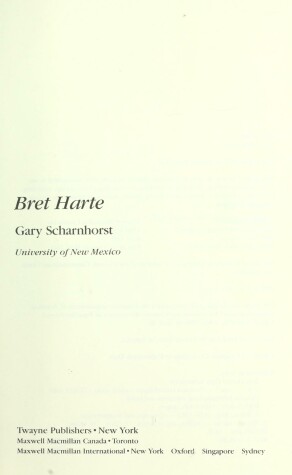Oklahoma Western Biographies
1 primary work • 2 total works
Book 30
The Virginian, Wister's claim to literary fame, was published in 1902, but his writing career actually began in 1891 and continued for twenty-five years after the publication of his masterpiece. Scharnhorst traces Wister's western connections up to and through the publication of The Virginian and shows that the author remained deeply connected to the American West until his death in 1938. Like his Harvard friend Theodore Roosevelt, Wister was the sickly scion of an eastern family who recuperated in the West before returning to his home and inherited social position. His life story is punctuated with appearances by such contemporaries as Frederic Remington, Rudyard Kipling, and Ernest Hemingway.
Scharnhorst thoroughly discusses Wister's experiences in the West, including a detailed chronology of his travels and the writings that grew out of them. He offers numerous insights into Wister's adroit use of sources, and provides revealing comparisons between Wister's western works and the writings of other authors treating the same region.
The West, Scharnhorst shows, was the crucible in which Wister tested and expressed his political opinions, most of them startlingly conservative by present standards. Yet The Virginian remains the template for the western novel today. More than any other Western writer of the past century and a half, Wister's career merits resurrection.
Bret Harte was the best-known and highest-paid writer in America in the early 1870s, yet his vexed attempts to earn a living by his pen led to the failure of his marriage and, in 1878, his departure for Europe. Gary Scharnhorst's biography of Harte traces the growing commercial appeal of western fiction and drama on both sides of the Atlantic during the Gilded Age, a development in which Harte played a crucial role.
Harte's pioneering use of California local color in such stories as "The Outcasts of Poker Flat" challenged genteel assumptions about western writing and helped open eastern papers to contributions by Mark Twain and others. The popularity of Bret Harte's writings was driven largely by a literary market that his western stories helped create.
The first Harte biography in nearly seventy years to be written entirely from primary sources, this book documents Harte's personal relationships and, in addition, his negotiations with various publishers, agents, and theatrical producers as he exploited popular interest in the American West.

